Louisiana has made the monumental decision to house Immigration Customs and Enforcement detainees at Angola Prison. For decades, Angola has symbolized punishment and suffering. It was built on the site of a former plantation and it continues to embody the legacy of racial violence and incarceration in the South. To now place immigrants in that same space under the guise of “civil detention,” is not only misguided policy but also a betrayal of the dignity and justice we claim to uphold.
Bill Quigley, JD Emeritus Loyola Law Professor and JSRI’s Louis J. Twomey, S.J. Scholar in Residence, has spoken forcefully against this move, laying out several reasons why it should alarm all Louisianans. He reminds us that this is not simply a political issue, but a moral one.
“Catholic social teaching tells us that all immigrants are our sisters and brothers and deserve to be treated with human dignity. Catholic social teaching insists that people have the right to migrate to other countries to find human dignity. Angola penitentiary, as a maximum security prison for anyone, is a violation of human dignity.”
Quigley points out what should be obvious: ICE detention is civil, not criminal. But Angola was built for the most serious criminal offenders in the state. Merging the two is not just inappropriate, it is inhumane.
Even ICE’s own data proves that the people being detained are not hardened criminals. In fact, less than half of those currently detained by ICE face any criminal charges at all. The overwhelming majority are the very people who form the backbone of our economy, often taking on the labor that sustains Louisiana industries.
As Quigley notes, the state already operates nine ICE detention centers, holding more than 7,000 immigrants. That is the second-highest number in the nation, behind only Texas. Many of the detainees held here were not even arrested in Louisiana; they were transferred from elsewhere, warehoused far from their homes and families. This practice tears people away from support systems, leaving them isolated and vulnerable in places where their cases are even harder to fight.
Which leads to another issue: access to legal representation. Attorneys already face significant barriers in reaching detained clients. Remote facilities, restrictive visitation policies, and limited communication access all combine to make the work of defending immigrants nearly impossible. Angola, with its notorious reputation for isolation and restriction, will only multiply these barriers. A legal system that blocks access to counsel is not a justice system at all, it is a machine for deportation. Even more troubling is the performative aspect of this decision.
Quigley compares Angola’s conversion to Florida’s so-called “Alligator Alcatraz,” an immigration jail built for spectacle, shock value, and political intimidation. These facilities do little to solve immigration challenges, but they do send a message, one of hostility and fear, meant to score political points on the backs of vulnerable families.
And let us not forget the secrecy. As Quigley emphasizes, if Louisiana officials were so proud of their new ICE prison inside Angola, why did they initially conceal its construction? The lack of transparency should be an alarm bell for all of us. Government decisions made in the shadows rarely serve the public good. This is not just a distant policy issue, it is a Loyola and New Orleans issue. Students in our community have already experienced the reality of detention and deportation. Some of our peers could not leave home for the summer because they feared they would not be allowed to return. With 21 percent of New Orleanians identifying as Hispanic, and that number steadily rising, this is not abstract. It is personal. These are our classmates, neighbors, and coworkers whose lives are destabilized by policies like this.
As a Jesuit university, Loyola teaches that faith and justice are inseparable. We cannot claim solidarity with the marginalized while turning a blind eye to their suffering. Quigley’s words highlight the moral stakes of this decision, but it falls to us, as students and citizens, to carry them forward. The question we must ask ourselves is simple: how important is it for us to stay actively informed and engaged on issues like this? The answer, if we care about our city and its future, must be “very.” Because when decisions like this are made quietly, in the background, their effects ripple loudly into our communities. Families are separated. Students are left behind. A city built on diversity and resilience becomes fractured by fear.
If Angola becomes the symbol of how Louisiana treats immigrants, then silence is not an option. We must remain vigilant, speak out, and insist that Louisiana live up to values of dignity, justice, and humanity. Anything less would be complicity.



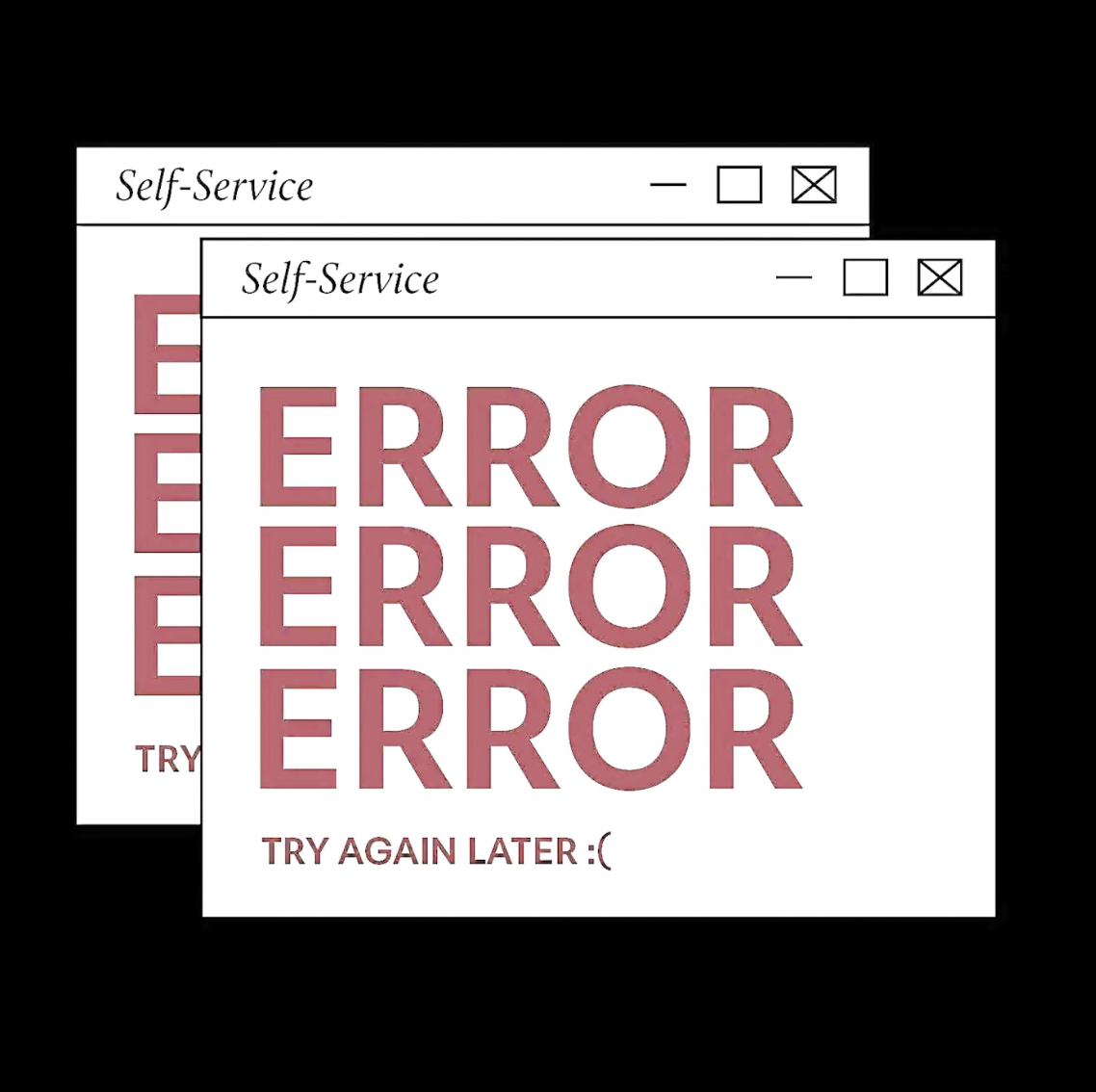
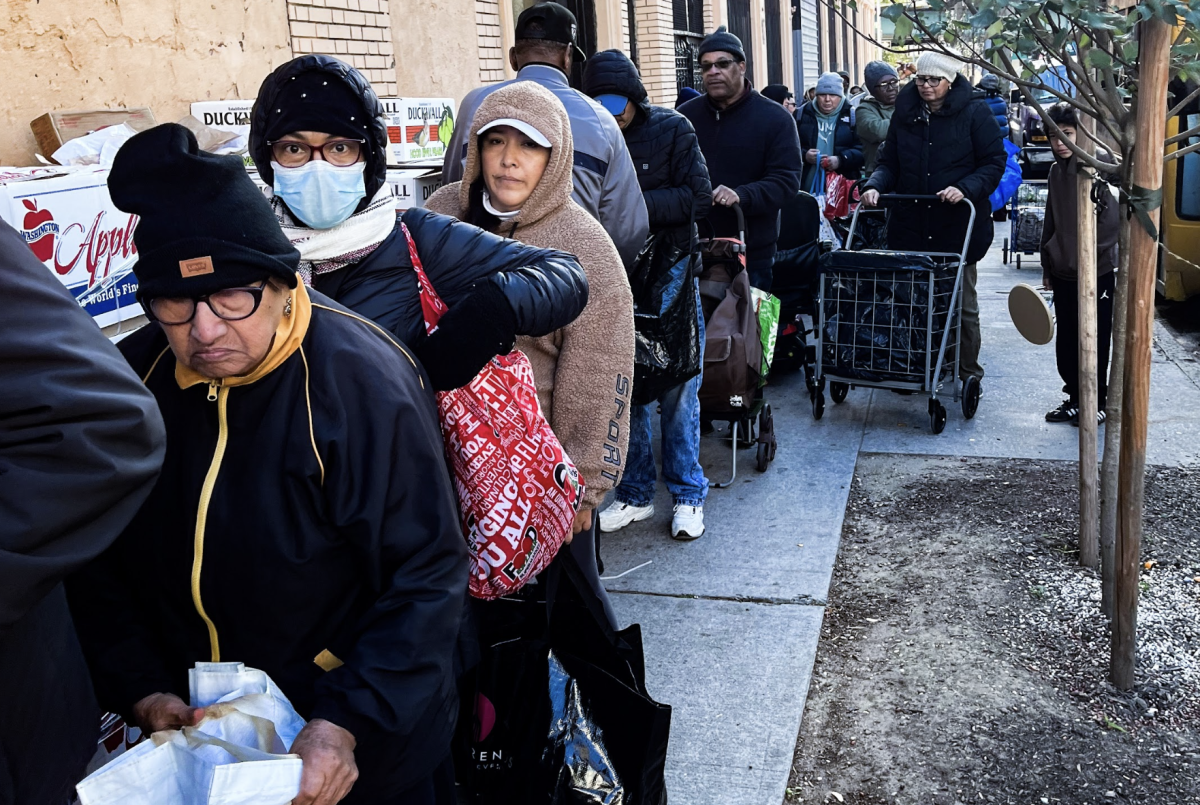





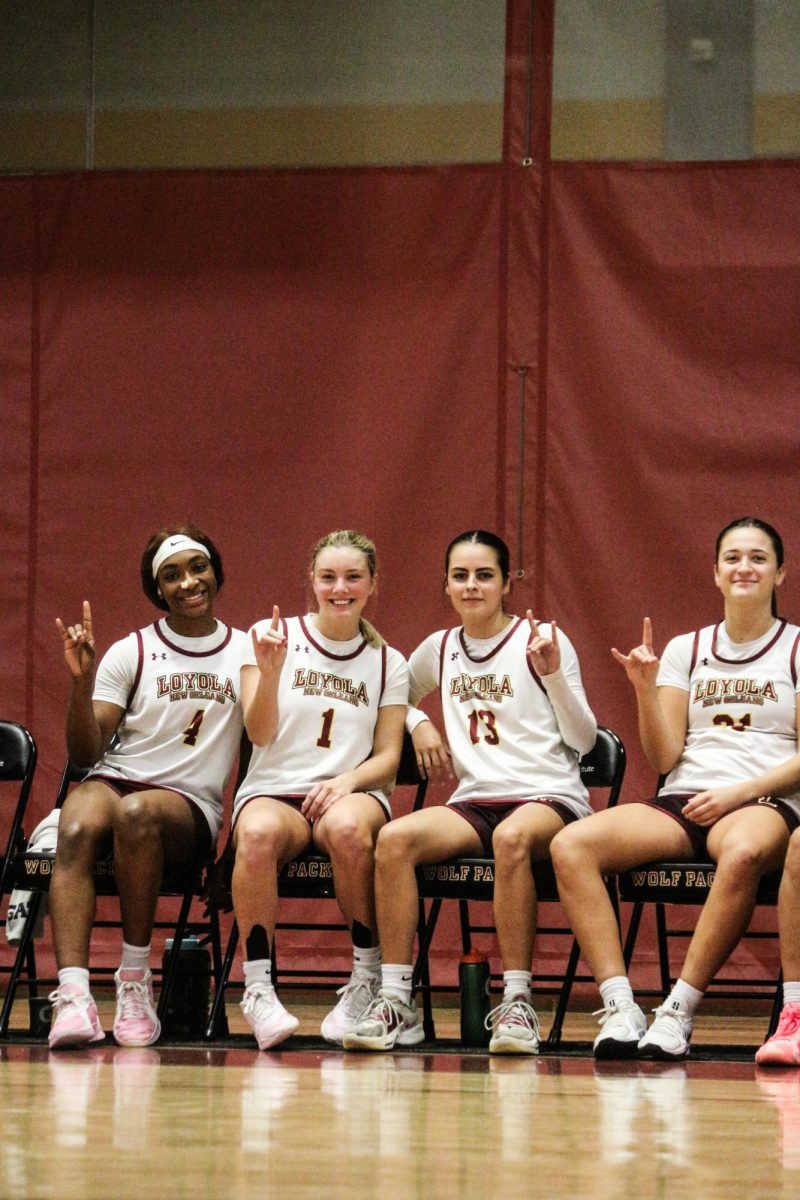


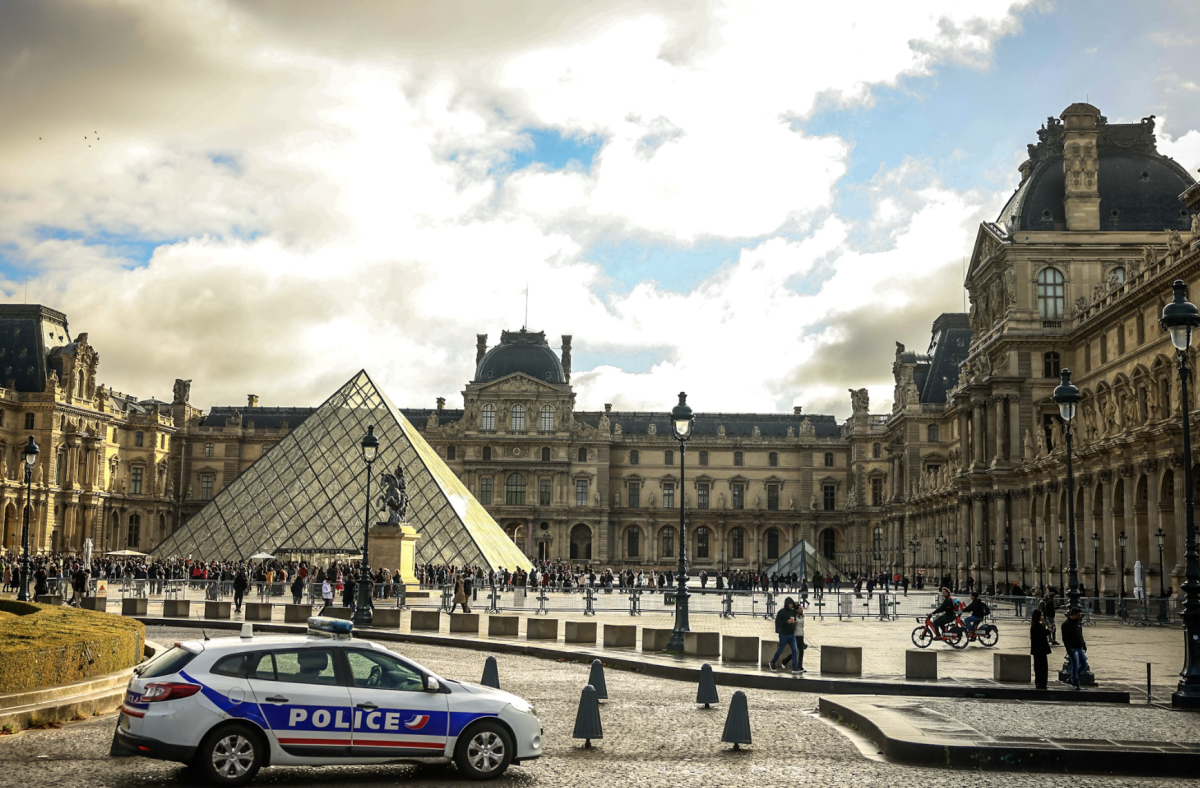


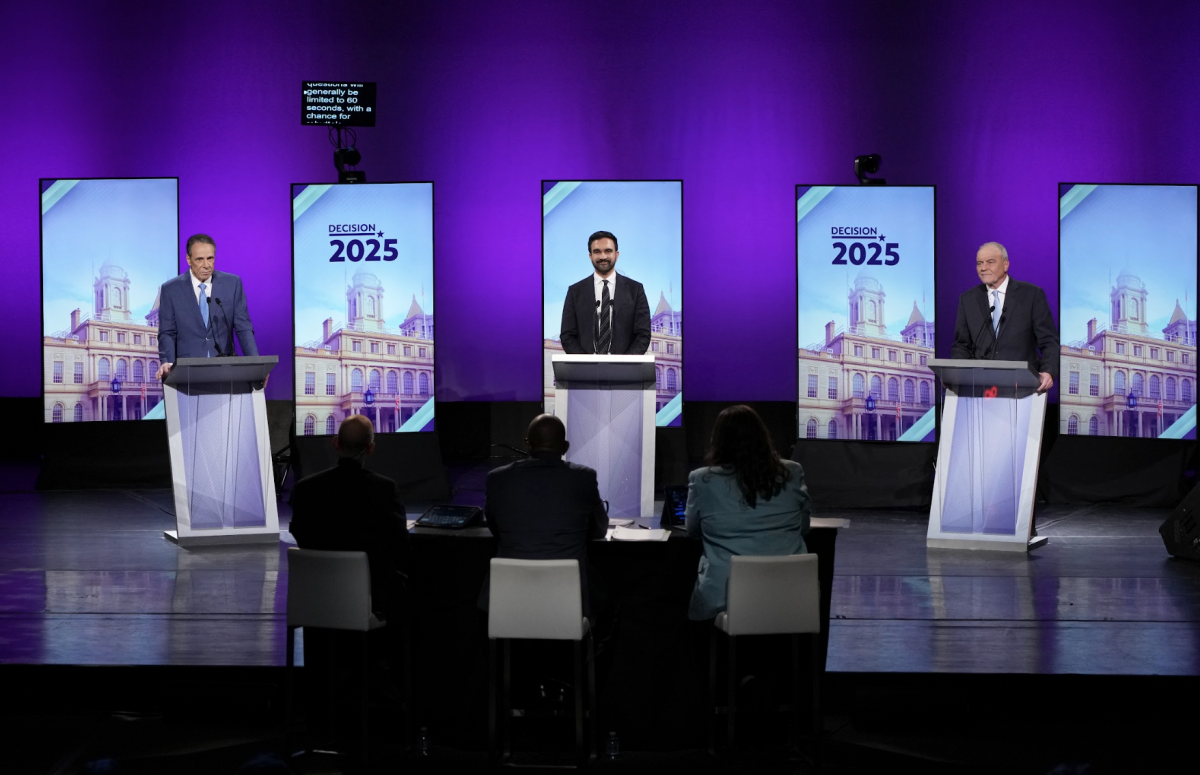
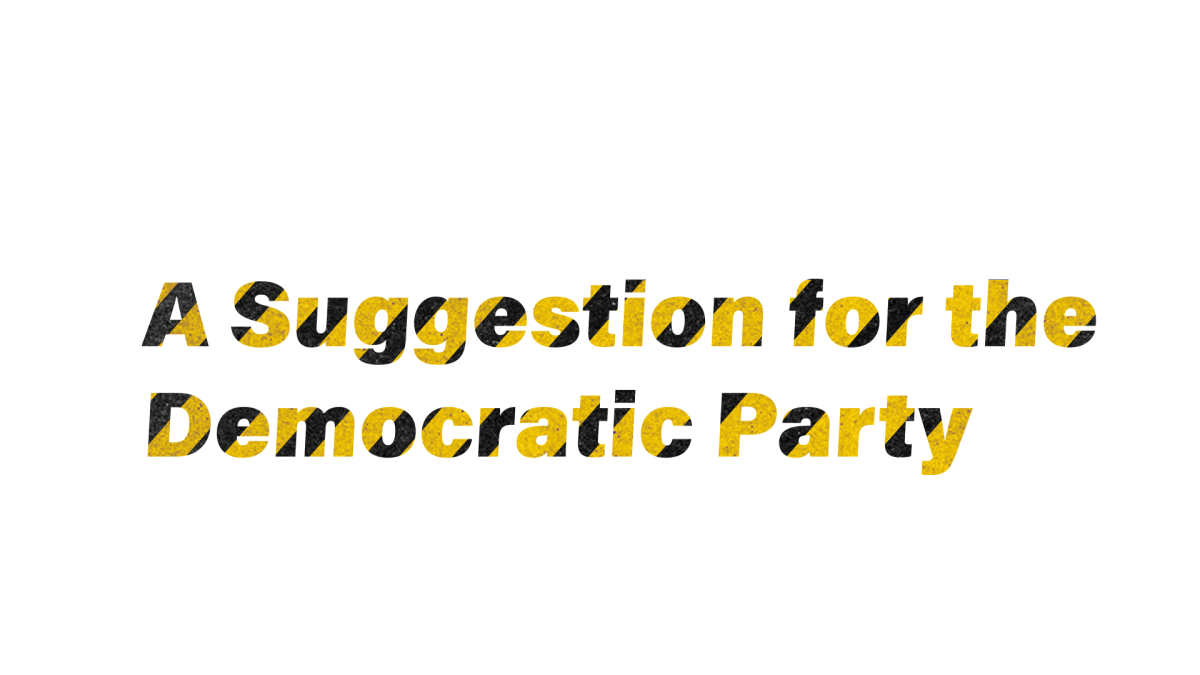

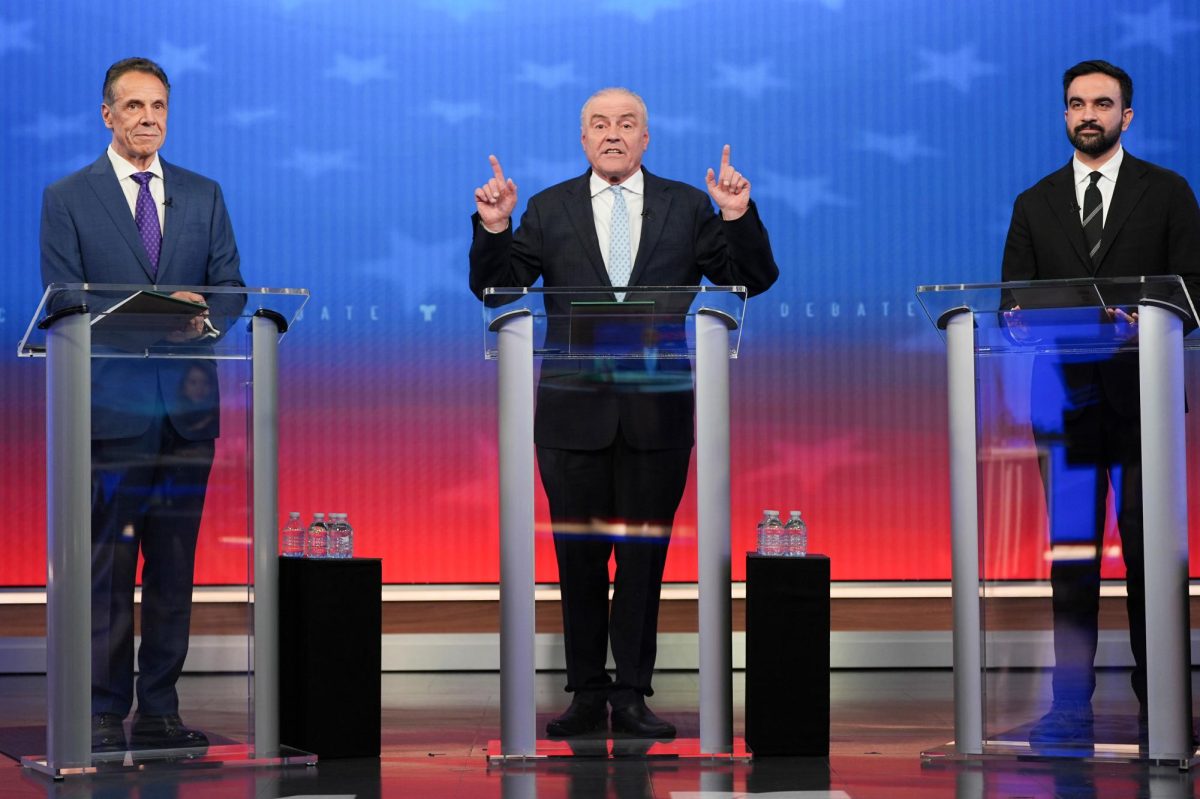

J Bauman • Oct 7, 2025 at 10:25 pm
The editorial’s claim of moral failure overlooks a key part of Catholic social teaching, which upholds the state’s right and duty to regulate borders for the common good (Compendium of the Social Doctrine of the Church, 2004, 297–298). While human dignity must be respected, this does not preclude lawful detention of those who violate immigration laws. We must support transparent, effective immigration enforcement that balances justice with order, and not succumb to rhetoric that undermines the rule of law.